MCSE or CCNA – Which certification is better and why?
Before you decide which certification is better for you, read on for the basics:
What is MCSE?
Microsoft Certified Systems Engineer (MCSE) is a type of certification given out at the end of a training course involving Microsoft systems. To earn this credential, candidates must pass several exams, typically somewhere between four or five exams. The tests are used to evaluate your expertise and skill in the design, implementation and configuration as well as maintenance of Microsoft network and desktop infrastructures.
Benefits of MCSE?
One of the best benefits to getting an MCSE is the fact that the certification is recognized all the world over. If you want to start a career as a systems engineer or technical support engineer, this certification can provide you with the ideal stepping stone to get you hired and get ahead of your competition in the job market. Anyone interested in a system analyst, network analyst or technical consultant position will find this certification ideal as well, says Webopedia.
What is CCNA?
The Cisco Certified Network Associate (CCNA) is another type of certification, one that focuses on training participants in the use of Cisco systems. This credential is earned by passing a one-time ccie routing and switching written exam and is designed to provide a learning experience that focuses on hardware and network engineering essentials.
What’s the difference?
While IT professionals can benefit from both of these certifications, choosing one over the other can make a world of difference in your career. If you want to focus on server-side maintenance as well as software, then you might want to opt for a Cisco certification. If you enjoy design, configuration, installation and administration of Microsoft systems or find it a much more suitable match for your skills to migrate those systems to later services, then a MCSE certification might be the ideal fit for you.
What are the requirements?
Both certifications require at least a year of experience working in the field. CCNA, though, will train participants to focus on creating business solutions that rely on Cisco systems. MCSE, on the other hand, provide individuals with specialized training in SharePoint, messaging, communication and business intelligence, says Study. Both certifications must stay current. You’ll need to take a recertification exam every three years to maintain your MCSE or CCNA credential.
What are the pros and cons for each one?
While both are respected names in the industry and both certifications succeed in adding panache to your resume, each one brings different things to the table.
Microsoft enjoys greater popularity in the world. That means more businesses need employees who are well-versed in MCSE training. On the other hand, the good thing about a CCNA credential is that it provides participants with skills that can be put to good use when you work on other IT brands. That’s where the MCSE certification comes up short. Focusing on only Microsoft’s best practices can be limiting. If you want your professional growth to continue, you can’t count on your MCSE skills to be the only skills on your plate. You’ll need to learn how to work with other systems as well, which is what you get with CCNA training. The downside to CCNA training? It can be a bit expensive. Also, MCSE training offers greater selection of materials online. If you want to look for practice tests or questions, you’ll have an easier time reviewing for the exam when you go for an MCSE certification.
Essentially, choosing one will depend on what your skills and future goals are.
How to prepare for the certification?
Whether you’re opting for the MCSE or CCNA certification, make sure you receive the right training before the test. An excellent and reputable training provider like Koenig Solutions can help, increasing your chances of passing the test in one go.

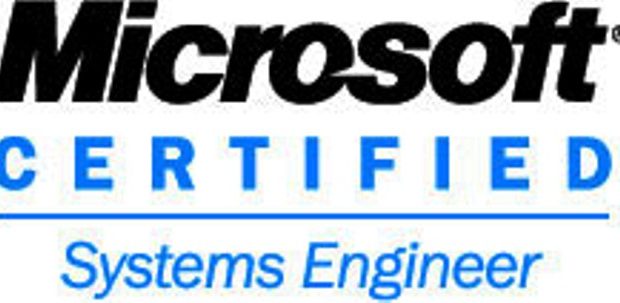
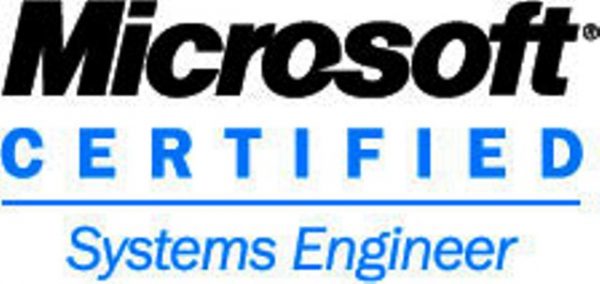
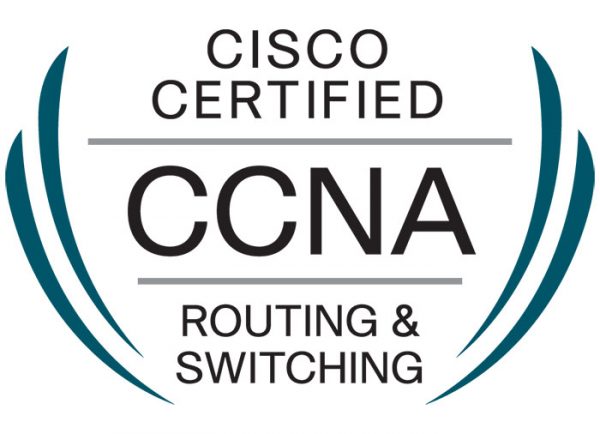
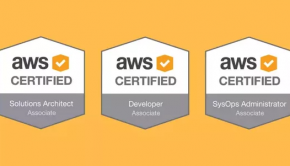
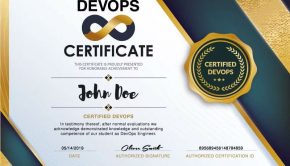
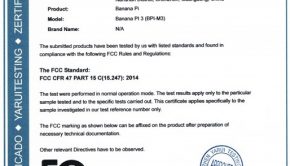
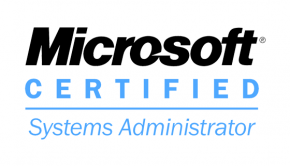


![Is it appropriate to use the desktop Hamburger icon? [Infographic]](https://technofaq.org/wp-content/uploads/2016/08/Hamburger-Icon-Desktop-Infographic-150x150.jpg)






